San Francisco just cracked open their toolbox to solve a problem vexing many cities right now – how to create more affordable space for local maker industries through the power of private sector development. Their recent city zoning change made this experiment possible, but it is only one tool that cities need to apply in an effort to create vibrant neighborhoods with a strong job base.
Many different land use policies impact our local jobs base. Everything from zoning to building codes to economic development incentives affects what gets built, where it gets built, who can work in that space, and who can live near it. We need to be intentional about our land use decisions in order to get the economic development and job creation that we want in our communities big and small.
One key piece of neighborhood redevelopment and local economic development is the role of small-scale manufacturers. These businesses are sometimes referred to as artisan industries, maker industries, small-scale producers – but they all have a few pieces in common. They are small businesses that are locally owned and produce tangible goods for other businesses or for consumers. They may use wood, metal, electronics, textiles or other materials. They all use their own tools and machines, but operate in small spaces – often less than 2000 square feet.
These businesses benefit a community by keeping jobs in the local tax base, but they do much more than that. These small manufacturing businesses often include a high proportion of owners who do not have college degrees (40 percent of owners in Brooklyn’s Greenpoint Manufacturing & Design Center) creating more opportunity for more people in our neighborhoods. They can also add vibrancy to our streets with events and activities that bring together the makers and artisans with residents to showcase locally made products (as demonstrated by Industry City).
But the maker industries often struggle to find support in our community – often operating under the radar of local programs for small businesses or entrepreneurs. They often have a hard time finding affordable or safe, long-term space. And they have little to no programming that helps them connect to other businesses at similar production scales that would help them grow, like what the Startup Communities did for tech startups.
Our cities and towns have great tools at their disposal to promote the types of land development that will support our local small manufacturers and makers so that they can grow their businesses and add jobs to the local tax base. City leaders use many of these tools for other community goals, and it is time to shine the light of these solutions on our local job opportunities as well.
For instance:
Land Banking
Land banks are authorities created to acquire, hold and manage vacant property and return it to productive use again. Land banks can purchase vacant property and transfer a clean title to a new owner. This transfer often occurs with an agreement that the use will support specific community needs.
Communities can use this tool to acquire parcels for redevelopment to invest in small-scale manufacturing space. Cities can sell the properties to both nonprofit and for-profit developers and include a sale provision that a certain percentage of the redevelopment square footage must serve the local manufacturing community.
Fee for Service Development
Many communities contract with for-profit and nonprofit developers to build affordable housing or mixed income developments. This provides the developer with a revenue stream for providing affordable units, and it provides a community with a way to build the affordable units that are a goal of local development.
Similarly, communities can contract with local developers to build affordable small-scale manufacturing space through fee for service. This tool could allow communities to provide the public good of small and affordable spaces for local business production while also using the local resource of developers who may be interested in incorporating this use into larger projects.
Density Bonuses and Deed Restrictions
Some cities offer additional office or residential density for a new development that includes community priorities such as affordable housing. Communities that provide a density bonus in exchange for the needed use may require the affordable units to carry deed restrictions limiting their sale price to remain affordable for 10, 20 or 30 years. A deed for the property outlines the limited uses or rules for the property.
Cities can zone areas to receive density bonuses when new or rehab construction includes space for small manufacturers, as in the recent development proposal by SFMade and UrbanGreen Devco in San Francisco. The city may also add deed restrictions to property built with the density bonus or located in existing manufacturing and production zones requiring the use to remain the same even when the property is sold. This restriction helps reduce redevelopment pressure on affordable manufacturing space by limiting its uses – for instance, removing the pressure to convert to condominiums.
Small manufacturing and maker industries are a key part of our city redevelopment – both to bring a diverse set of jobs back to the city and to bring vibrancy to more neighborhoods. We have plenty of experience with local policy tools that help to achieve specific community goals. It is time to take that experience and apply it to create and protect affordable small-scale manufacturing space in our cities.

